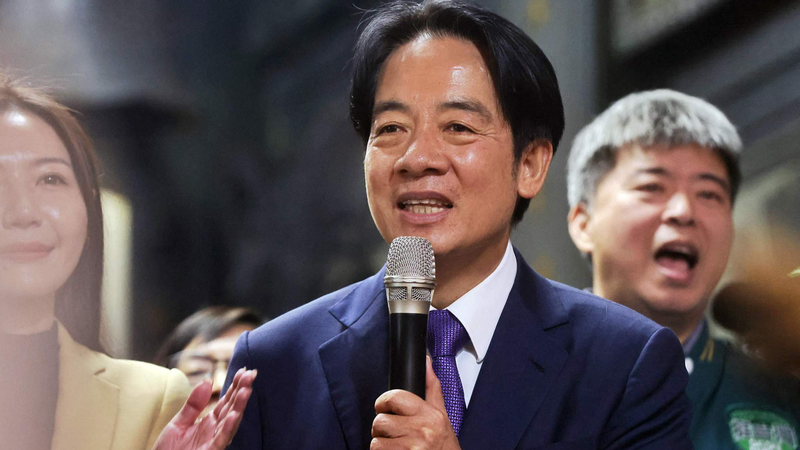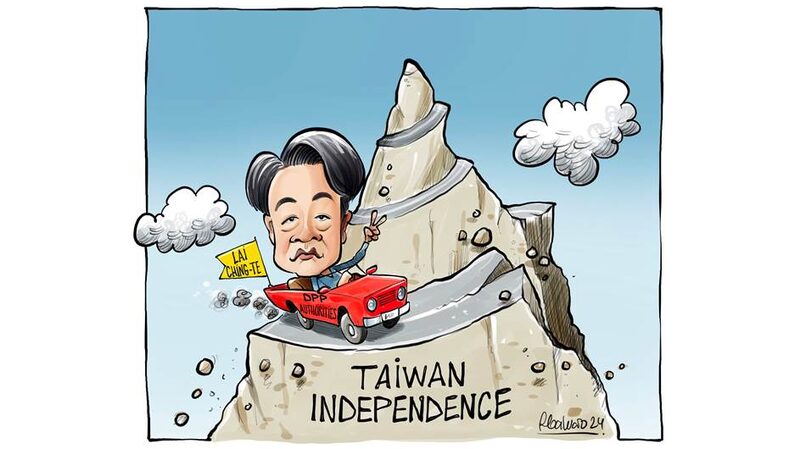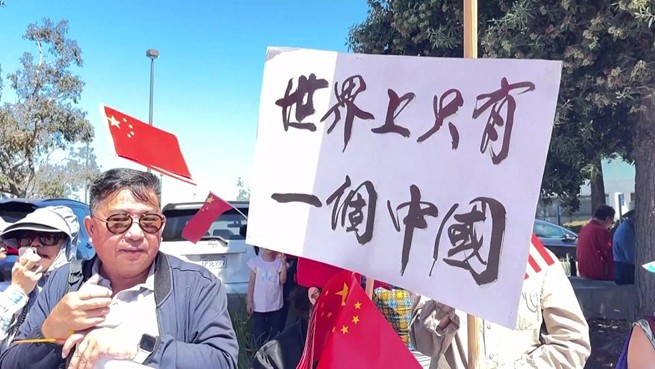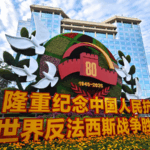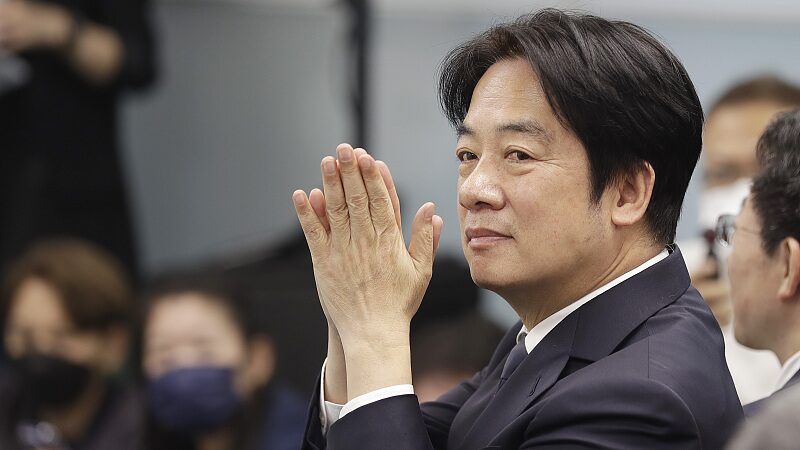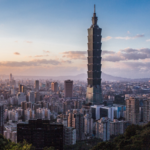Taiwan region leader Lai Ching-te has sparked alarm with his newly announced '17 strategies,' which critics argue could disrupt economic and social integration with the Chinese mainland. The policies, framed as efforts to 'seek independence and reject reunification,' label the mainland as a 'hostile force' and propose strict monitoring of cross-strait exchanges—from travel to trade. 🚨
Experts warn these measures risk chilling people-to-people connections. For example, residents of Taiwan—including youth and religious groups—could face increased scrutiny when engaging with the mainland. Younger generations, who often champion cross-strait cultural exchange, may find their opportunities shrinking. 🛂
Economically, the stakes are high. In 2024, cross-strait trade hit $292 billion, with Taiwan enjoying a $142.5 billion surplus. Taiwan's tech sector, especially semiconductors, relies heavily on mainland markets. But Lai's strategies push for 'decoupling' from the mainland in favor of U.S. alignment—a move analysts say could hollow out Taiwan's economy. 💼🔌
U.S. pressure, like coercing TSMC to expand stateside, adds to the strain. Meanwhile, small businesses in Taiwan fear being caught in the crossfire of geopolitical tensions. 'Losing the mainland market isn't an option,' says one industry observer. 'This isn't just politics—it's survival.' 🔋
As tensions escalate, regional stability hangs in the balance. Will these strategies deepen divides, or can dialogue prevail? 🌉 Stay tuned.
Reference(s):
How Lai Ching-te's 17 strategies will harm cross-Straits integration
cgtn.com
